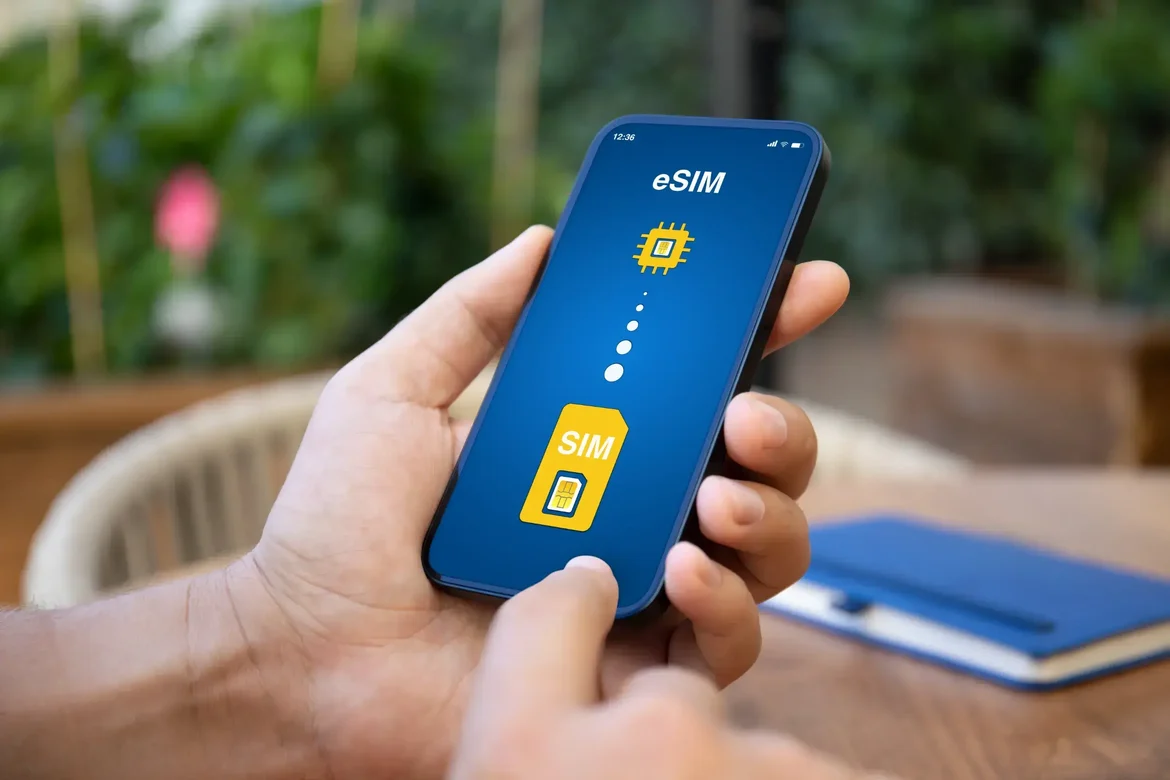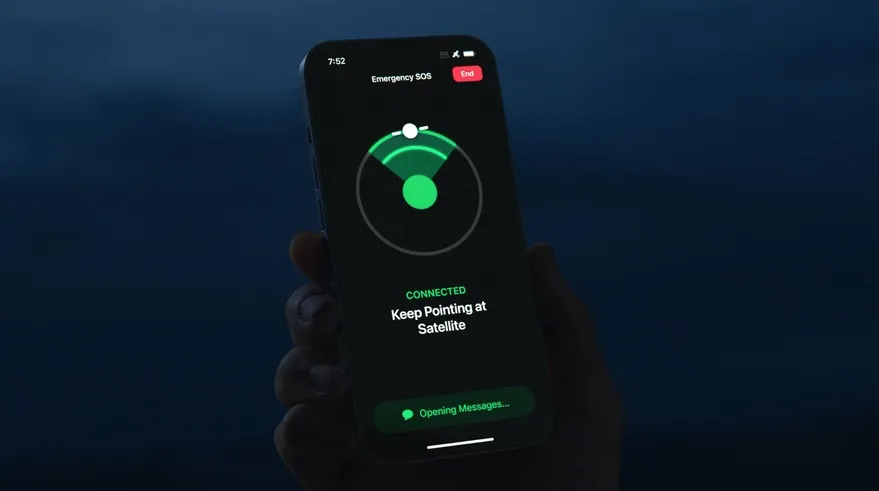justineanweiler.com – Mobile technology has evolved rapidly over the past few decades, transforming from simple communication devices into powerful tools for work, entertainment, and connection. As we enter the next phase of technological advancement, mobile devices are poised to become even more integral to our lives. This article explores the future of mobile technology and the innovations that will define the next generation of smartphones and beyond.
1. 5G and Beyond: Ultra-Fast Connectivity
The rollout of 5G networks is already reshaping how we use mobile devices, offering speeds up to 100 times faster than 4G and drastically reducing latency. This ultra-fast connectivity will enable new mobile experiences, including smoother video streaming, quicker downloads, and more responsive apps.
But the real promise of 5G goes beyond just speed. It will pave the way for smart cities, autonomous vehicles, and Internet of Things (IoT) ecosystems, where mobile devices will play a crucial role in connecting everything from traffic lights to home appliances. As 5G becomes more widely available, we’ll also see advancements in augmented reality (AR), virtual reality (VR), and cloud gaming, allowing users to experience immersive digital worlds seamlessly on their mobile devices.
Looking further ahead, 6G is already in the research phase, with expectations to launch around 2030. It promises even faster speeds, lower latency, and improved AI integration, further enhancing the capabilities of mobile networks.
2. Foldable and Flexible Displays
Foldable smartphones, like Samsung’s Galaxy Z Fold and Flip series, have already captured the market’s attention. These devices offer larger screens without sacrificing portability, making multitasking, gaming, and content consumption more immersive. As foldable technology improves, future devices will feature more durable, seamless displays and thinner designs.
Flexible and rollable screens are another exciting development. LG and other manufacturers are working on rollable phones, where the display expands and contracts as needed. This will allow smartphones to transform from compact devices to tablets on demand, offering users more flexibility without needing separate devices for different tasks.
3. AI-Powered Personalization
Artificial intelligence (AI) is already integrated into smartphones, from voice assistants like Siri and Google Assistant to camera optimization and predictive text. However, the next level of mobile AI will take personalization to new heights.
AI will become more context-aware, learning users’ behaviors, preferences, and routines in real-time to offer a more tailored experience. Future smartphones will be able to anticipate needs—whether it’s adjusting settings automatically based on location, recommending apps or services based on usage patterns, or enhancing security by recognizing behavioral biometrics.
On-device AI will also improve efficiency by processing more data locally instead of relying on cloud servers. This will not only speed up AI-driven features but also enhance privacy by keeping sensitive data on the device.
4. Advanced Biometric Security
Security is a top priority for mobile technology, and biometric authentication methods such as fingerprint scanners and facial recognition are becoming standard. In the next level of mobile technology, we’ll see even more advanced biometric options.
One promising area is under-display fingerprint scanning, which will become faster and more reliable. Meanwhile, facial recognition will continue to evolve, becoming more secure and functional in diverse lighting and environmental conditions.
We may also see the rise of behavioral biometrics, which analyzes how a person uses their phone—such as typing speed, touch pressure, and swipe patterns—to authenticate their identity. This invisible layer of security will make mobile devices harder to hack and reduce the need for passwords or traditional security methods.
5. Augmented Reality (AR) and Virtual Reality (VR)
The future of mobile technology will heavily integrate AR and VR experiences. While AR features have already started to appear in apps like Pokémon Go and Snapchat, the next generation of mobile AR will be more immersive, intuitive, and useful.
AR-powered mobile apps will enable users to interact with the world around them in new ways. Imagine walking through a city and having your phone provide real-time information about landmarks, restaurant reviews, or even step-by-step directions projected on the street. Companies like Apple and Google are investing heavily in AR technologies, and with faster 5G connections, mobile AR will become more practical and widely adopted.
Virtual Reality on mobile devices will also improve with the advent of more powerful processors and optimized hardware. Though mobile VR is currently limited compared to standalone VR headsets, advances in mobile GPUs and displays could lead to more accessible, high-quality VR experiences on smartphones in the future.
6. Battery and Charging Innovations
Battery life and charging speed are critical concerns for smartphone users, and the next wave of mobile technology will focus on significant improvements in this area. Graphene batteries are a promising development, offering faster charging times, longer battery life, and less heat generation than current lithium-ion batteries. Graphene’s lightweight and durability will enable future smartphones to be thinner and lighter without compromising power.
In addition to better batteries, wireless charging will evolve to become more widespread and efficient. True wireless charging—where devices charge without needing to be placed on a pad—may soon be a reality. Companies like Xiaomi and others are developing “over-the-air” wireless charging technology, which could allow users to charge their devices simply by being in the proximity of a charging station.
7. Environmental Sustainability
As consumers and governments prioritize sustainability, the mobile technology industry is focusing more on eco-friendly innovations. The next generation of smartphones will likely include more recyclable materials, energy-efficient components, and longer-lasting designs to reduce electronic waste.
Companies are also working on modular smartphones, where users can replace or upgrade specific parts, such as the camera or battery, without needing to buy an entirely new device. This approach extends the lifespan of phones, making them more sustainable while offering greater customization for users.
8. Quantum Computing in Mobile Devices
While quantum computing is still in its early stages, it holds immense potential for the future of mobile technology. Quantum processors, once small enough to be integrated into mobile devices, could revolutionize how smartphones handle data, making them exponentially faster and more powerful than today’s models.
Though quantum smartphones are still years away, researchers are already exploring how quantum computing could enhance mobile technology, enabling features like ultra-fast processing, better AI algorithms, and vastly improved encryption for mobile communications.
Conclusion
The future of mobile technology is filled with exciting possibilities. From faster 5G networks and foldable devices to AI-driven personalization and advanced biometric security, the next level of mobile technology will further enhance how we communicate, work, and interact with the world around us. As these innovations unfold, mobile devices will become even more powerful, flexible, and integral to our daily lives, shaping the future in ways we can only begin to imagine.





